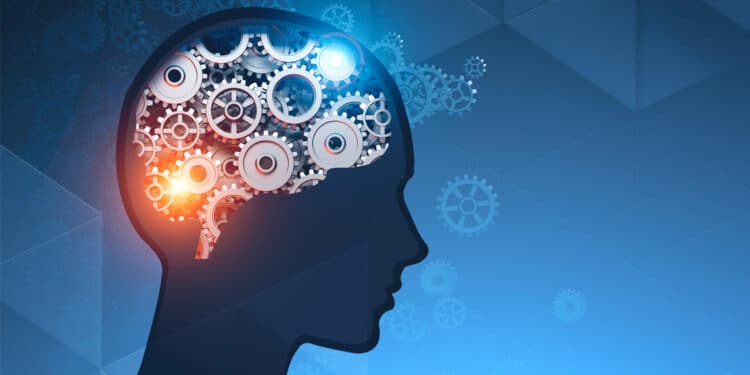They don't bother to tell you the alcohol angle because it goes against all medical superstition.
What about this?
Smarter People Tend To Drink More Alcohol
Here is what your doctor will use, no thinking required:
Safest level of alcohol consumption is none, worldwide study shows
The latest here:
Scientists search for the connection between intelligence and health

Researchers at the University of Vienna, Austria, analyzed a 13-year longitudinal study to determine why those with a high IQ are consistently found to be in good health. After analyzing the cognitive, physical, environmental, and behavioral data collected from approximately 10,000 participants, there is no clear behavioral or environmental reasons for the correlation. Instead, the results indicate that a third factor may be at work influencing both intelligence and health.
The study was published in the journal Intelligence.
Research consistently finds a positive correlation between health and intelligence. The higher the IQ, the better the health, but the mechanisms responsible for this relationship have yet to be discovered. Proposed causes include better access to health care, better health choices, access to safe work environments, stress management, and genetics. Unfortunately, these have yet to prove to be the key to why these two factors are related.
For their new research, Jonathan Fries and Jakob Pietschnig looked to a previously completed 13-year study to shed additional light on the issue. The data was collected through the Survey of Health, Aging, and Retirement in Europe (SHARE). The SHARE study used participants from the European Union and Israel who were over the age of 50.
The original intent of the SHARE study was to collect information on the health and well-being of individuals approaching retirement age. This study gathered a significant amount of information about the physical and mental health of the participants. Data was collected in seven waves from 2004 to 2017. Although there were over 30,000 participants in wave one, the number dwindled to 10,996 by wave 7 in 2017.
Relevant cognitive, health, behavioral, and risk factors were extracted from the data provided by the final 10,996 participants. Statistical analysis revealed several notable findings. The first supported the hypothesis that the higher one’s IQ, the better their health. For those with high scores on cognitive measures, rates of chronic illness and symptoms decreased.
Factors like smoking, alcohol intake, BMI, and work environment, which one would expect may be causal factors in better health, were found to be unrelated. Physical inactivity was the only variable that was connected to both IQ and health. These findings were consistent across countries and cultures.
Fries and Pietschnig had this to say about their findings: “These results suggest that the intelligence-health association cannot be sufficiently explained by environmental and behavioral risk factors. Thus a different mechanism is required to understand the relationship.” Some propose genetics as that mechanism. If this is the case, Fries and Pietschnig encourage future research to consider that the same genes may affect health and IQ.
Limitations of the study include the age of participants. Intelligence was measured after 50; earlier measures of intelligence may have some relevance to health after 50. Additionally, two-thirds of the original participants had dropped out of the study. This could have been due to death or illness, leaving the health data skewed toward the abnormally healthy.
Despite the limitations, the study was large and conducted over a number of years. The data collected is an essential contribution to the study of intelligence and health.
The study, “An intelligent mind in a healthy body? Predicting health by cognitive ability in a large European sample“, was authored by Jonathan Fries and Jakob Pietschnig.
No comments:
Post a Comment